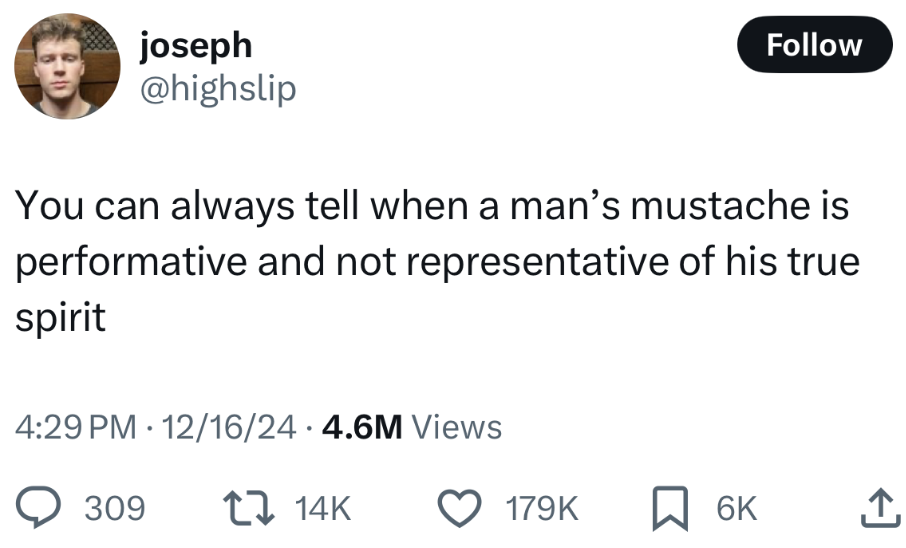The current junior US Senator to California Kamala Harris, who recently joined the Democratic primary as one of many potential presidential candidates, describes herself as a “progressive prosecutor.” Since then, she’s rightfully faced criticism for her actions as a district attorney and then attorney general of California from both the left and right.
In a New York Times op-ed, law professor Lara Bazelon outlined some of the most egregious examples of her regressive prosecutorial record. In 2014, when a federal judge ruled the death penalty unconstitutional, Harris appealed the decision. That same year, she did not take a position on Proposition 47, a ballot initiative that would have reduced some low-level felonies, including shoplifting and personal use of illegal drugs, to misdemeanors.
Harris also opposed a bill that would require her office to investigate shootings involving police officers in 2015, meaning her office was less likely to investigate instances of officers shooting people. The American Civil Liberties Union (ACLU) activist Phelicia Jones and other progressives criticized Harris for her lack of support for statewide regulations on officers wearing body cameras in response to shootings.
Her apparent lack of growth on, or even regret of, criminal justice issues is the biggest cause for concern, because it shows we cannot expect her to be a progressive president. Earlier this month, she defended her record as a prosecutor, saying “I can tell you of the cases where I really regret that we were not able to charge somebody that molested a child but the evidence wasn’t there. There are cases … where there were folks who made a decision in my office who did not consult with me and I wish they had. But again, I take full responsibility for those decisions.”
Instead of choosing to specifically address cases where she upheld wrongful convictions or pursued outsized drug charges for marijuana possession, she referred to the alleged criminals that she wasn’t able to incarcerate, easy targets for her sympathetic moderate audience of voters. She fails to mention and apologize for decisions like prosecuting minor marijuana charges. Politicians should be allowed to grow and change their opinions, but that doesn’t seem to be what happened here. A sincere apology and expression of regret, coupled with promises to do better and support truly progressive policies would go a long way. Yet even then, it would not undo the incalculable harm she did in her time as a district attorney and attorney general. She remains unrepentant.
I understand the eagerness to support a woman for president, but we shouldn’t let that allow us to overlook such regressive positions that have irreparably perpetuated systemic racism and class divisions in the perennially blue California. We don’t need women to take on tough-on-crime, law-and-order style positions. There’s nothing feminist about a female prosecutor using her discretionary power to oppress other women. In the U.S. criminal justice system, prosecutors are tasked with seeking justice, and I don’t want to support a candidate of any gender who has demonstrated their disregard for justice.
There are other candidates who have Harris’ positive qualities without her baggage as a harmful prosecutor. Compromising our values and commitment to ending mass incarceration and the war on drugs’ targeting people of color doesn’t make us “pragmatic,” it just shows that our commitment to those goals is conditional. We cannot compromise on these crucial human and civil rights issues, not in 2020.




